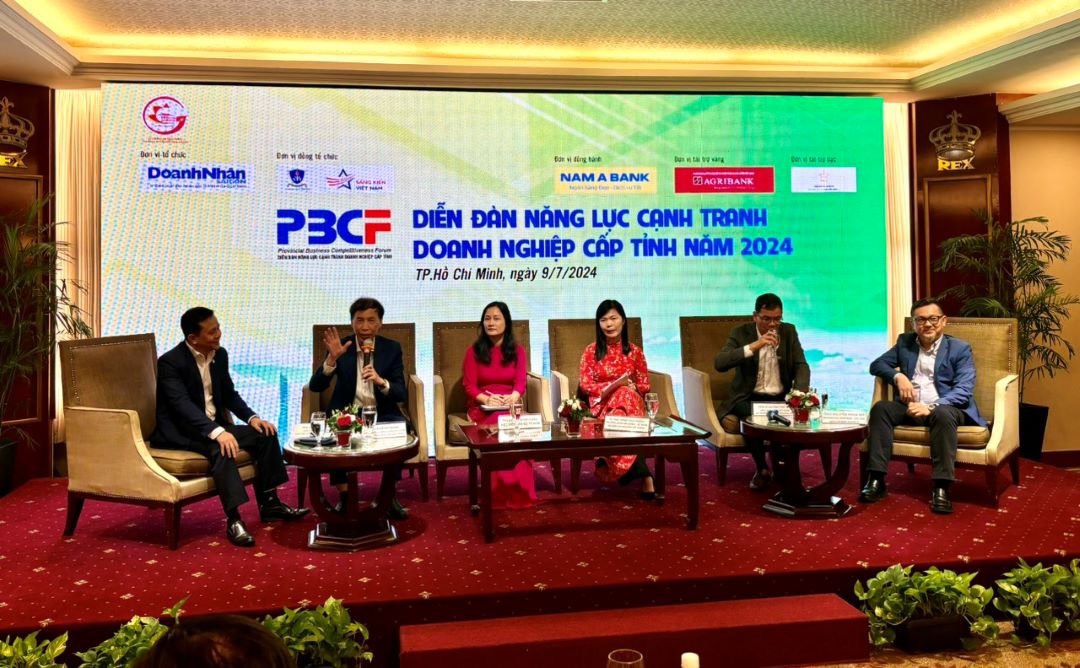HCMC – Economic growth in HCMC is slowing compared to the national average, raising concerns about the health and competitiveness of businesses in this southern economic center, experts said.
Despite leading the country in several key metrics, the city’s economic performance is declining relative to the national average.
At the Provincial Business Competitiveness Forum held on July 9, Nguyen Van Dung, vice chairman of the HCMC People’s Committee, said that some other centrally-run cities and provinces are now outpacing HCMC.
Compared to major cities in East and Southeast Asia, the business community in HCMC remains modest.
While HCMC is still a prime location for business in Vietnam, its growth rate is slowing, said Huynh The Du, a lecturer at Indiana University in the U.S. and a member of the Institute for Vietnam Initiatives.
Statistics show that only one HCMC-based company was among the top ten taxpayers in 2022, and none featured in the top 10 Vietnamese companies on the VNR500 list.
In the June 2024 Fortune 500 list, Vietnam had 70 companies, with 30 in Hanoi and 25 in HCMC. Among the top 10, Hanoi had six while HCMC had only two.
The market capitalization of listed companies in HCMC has declined from about 50% in early 2010 to less than one-third by the end of 2022, in contrast to Hanoi’s upward trend. Labor productivity and average income in HCMC have also decreased compared to other regional cities.
Du attributed the decline in competitiveness to several factors, including unclear business strategies, ineffective operations, and limited industry cluster development. He also cited a lack of connectivity and an improving but still inadequate business environment.
David Tan Nguyen, chairman of BrainGroup, noted that many businesses lack innovation and market trend awareness. Some leaders are uncertain about the health of their enterprises.
Dinh Hong Ky, chairman of SECOIN Corporation, suggested improving technical infrastructure, transportation, and university education to enhance human resource development. He emphasized the need for a reasonable budget for green and digital infrastructure.
Ly Kim Chi, chairwoman of the HCMC Food Association, pointed out that high logistics costs hinder competitiveness despite HCMC’s geographic and infrastructure advantages. She called for an improvement of logistics infrastructure and administrative procedures to support businesses better. She also advocated for policy formulation with input from businesses to ensure feasibility and effectiveness.









